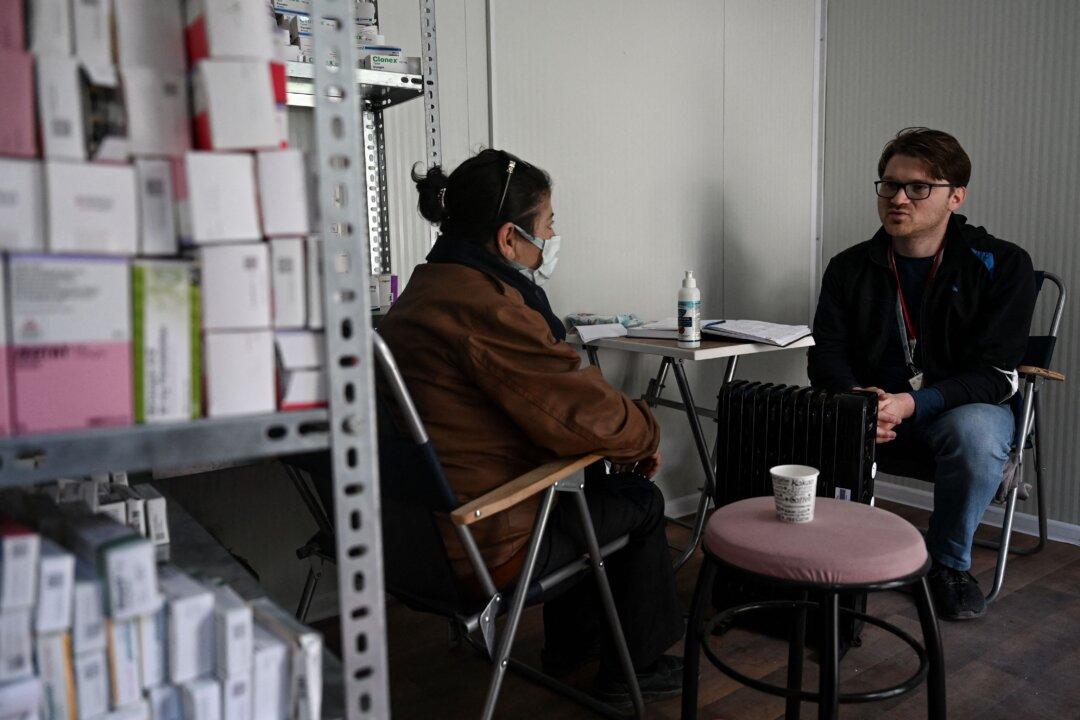The New South Wales (NSW) Labor government will seek external help to respond to a looming mental health crisis, as more than 200 public psychiatrists prepare to quit their jobs.
On Jan. 20, NSW Mental Health Minister Rose Jackson said the state government would ask the Industrial Relations Commission to intervene in the pay rise dispute between the state and the psychiatric workforce.





